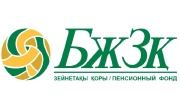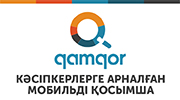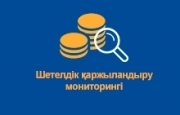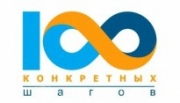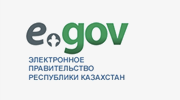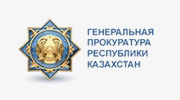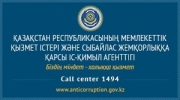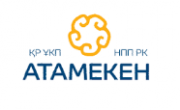
In order to protect fair competition and early detect "fictitious transactions", the State Revenue Committee launched a pilot project to limit the issuance of electronic invoice for high-risk taxpayers using a risk management system (RMS).
The emphasis is placed on the efficiency of risk detection at an early stage. This goal is achieved through the analysis of electronic invoice data using intelligent analysis.
It will also protect a bona fide business from contact with short-lived company, reduce the risk of causing significant damage to bona fide taxpayers and filing a claim for tax payment after a long time with the accrual of penalties (2-5 years)..
Analytics identifies fictitious sale operations, as well as the risks of the inability to provide certain services based on the available information on the number of employees.
For example, according to the electronic invoice, the company "A" bought an excavator from supplier "B", while the excavator was not registered with the registration authorities from this supplier (license plate), was not purchased and was not imported.
Thus, company "A" illegally increased its expenses, overestimated offset VAT and cashed out funds under the guise of fictitious documents. With cashed money, the company purchased an excavator from individuals on the market at lower cost.
Another example is when company "A" reflects the construction services rendered to it by a supplier who does not have employees to perform construction work in costs item. At the same time, the factors of the supplier's lack of subcontractors who could provide these construction services are taken into account.
In fact, the company "A" performed these construction works on its own(has a sufficient number of full-time employees who are paid) however, fictitious deals for the purchase of construction services were concluded to underdeclare profits.
The pilot for limiting the electronic invoice is aimed at promptly identifying such fictitious transactions and protecting bona fide business.
Notifications are sent to risky suppliers who could not actually sell the missing goods, or perform services that require employees. After receiving all the necessary documents on fictitious transactions, a claim-related work is carried out to recognize these transactions as invalid.
To date, out of 101 thousand VAT payers, 10,409 were resrticted to issue electronic inovices, of which 2,065 restrictions have been lifted in connection with the elimination of violations. For 8,344 taxpayers with a risk turnover of 3.3 trillion tenge are restricted to issue electronic invoices.
Earlier, the identification of short-lived companies and corresponding restriction on issue of electronic invoice allowed reducing the share of cash withdrawal by 38% (in 2019 – 2.8 trillion tenge, in 2020 – 1.7 trillion tenge) for the first time since 2016.
Along with the restriction on issue of electronic invoice, claim-related work is being carried out in relation to these workers, registration is invalidated for the amount of risk turnover of 380 billion tenge, transactions are invalidated for the amount of risk turnover of 160 billion tenge. 609 criminal cases were initiated under Article 216 of the Criminal Code of the Republic of Kazakhstan with damage in the amount of 70 billion tenge.
Generally, cash withdrawal is observed in public procurement and in the quasi-public sector, using short-lived companies through various multi-level schemes.
Within the framework of the Pilot project, the state revenue authorities have the right to require a taxpayer classified as a high risk to provide documents confirming the fact of a financial and economic operation.
In order to ensure a uniform approach to the processing of notices and notifications, the Committee has developed methodological recommendations for employees of territorial divisions, with a mechanism for determining the risk of fictitious transactions, which is constantly being improved.
It should be taken into account that during the pilot project, "risky" taxpayers are identified, i.e., when managers are not actually related to a legal entity, it becomes necessary to establish the involvement or non-involvement of managers and (or founders) to registration (re-registration) and financial and economic activities of the organization.
In accordance with Article 71 of the Tax Code, there are cases of taking photographs, video recordings and collecting other materials when performing certain actions.
In case of local state revenue officials' failure to comply with the deadlines for consideration of explanations and documents, or reclamation of excessive documents not related to transactions specified in the notifications, please contact the Committee in the manner and time provided for by the legislation of the Republic of Kazakhstan.















